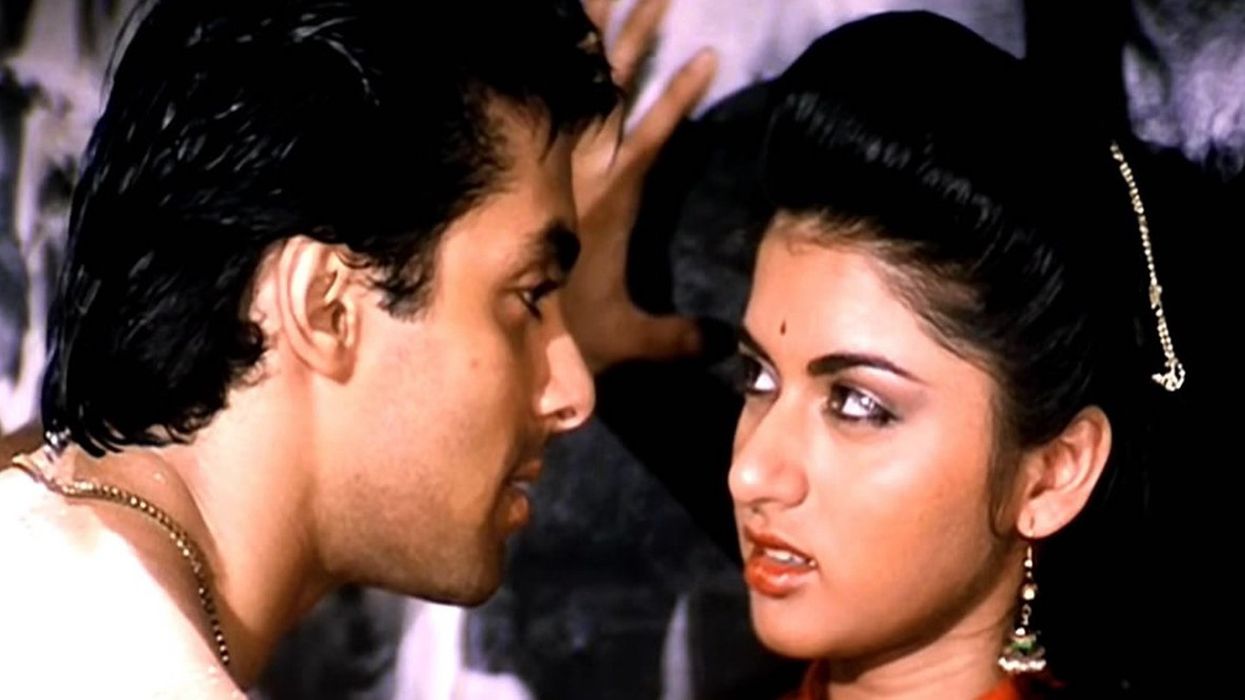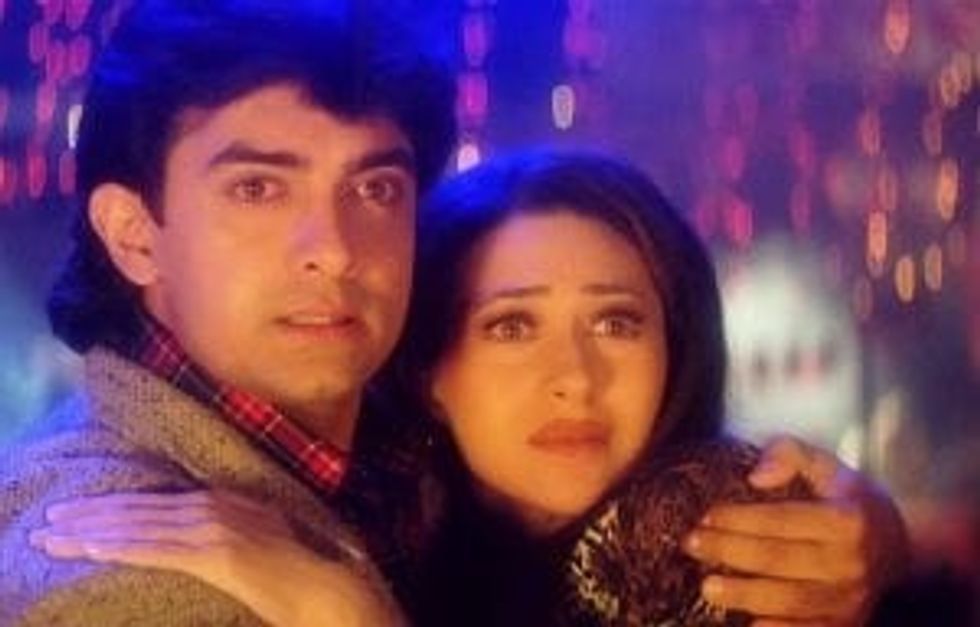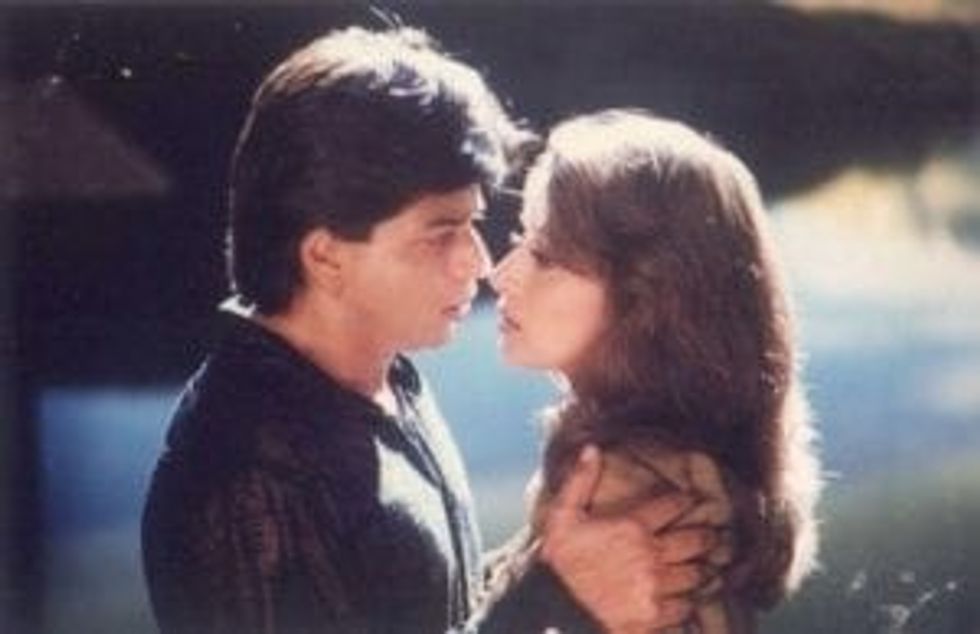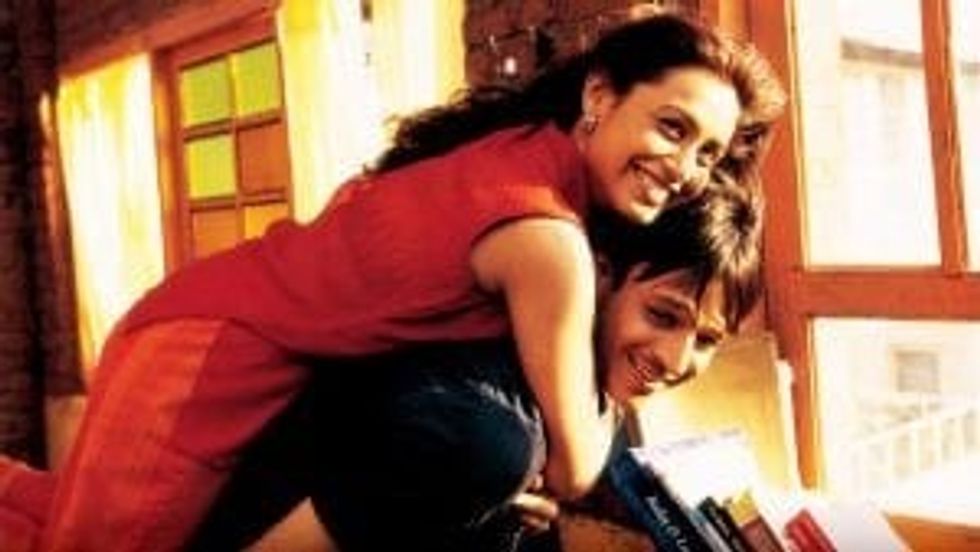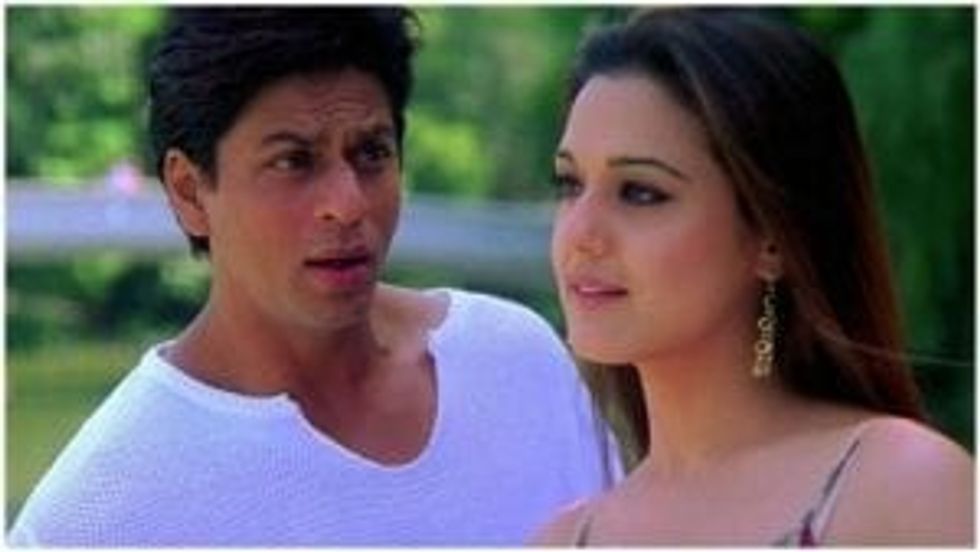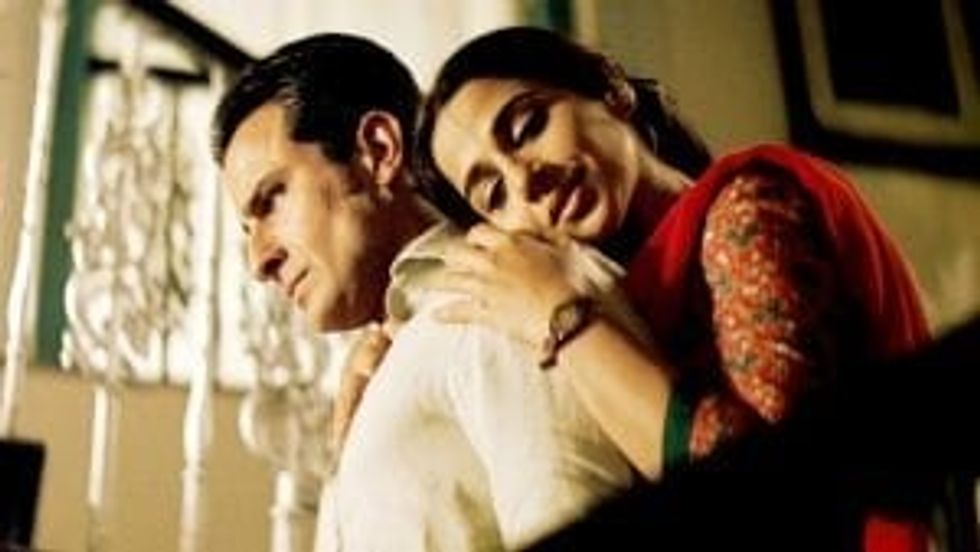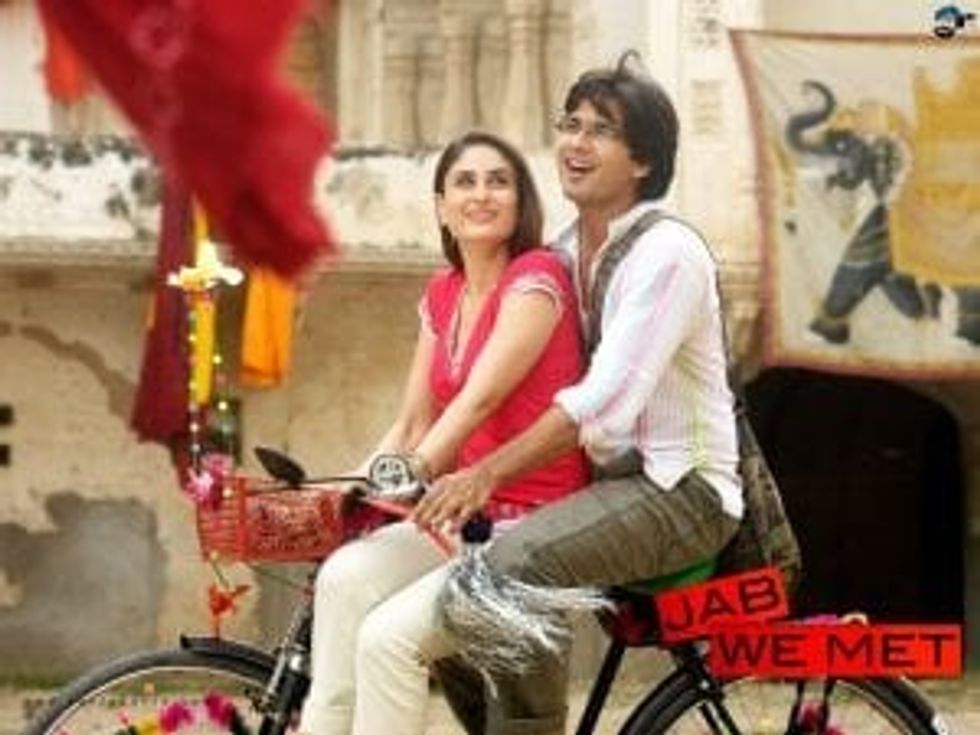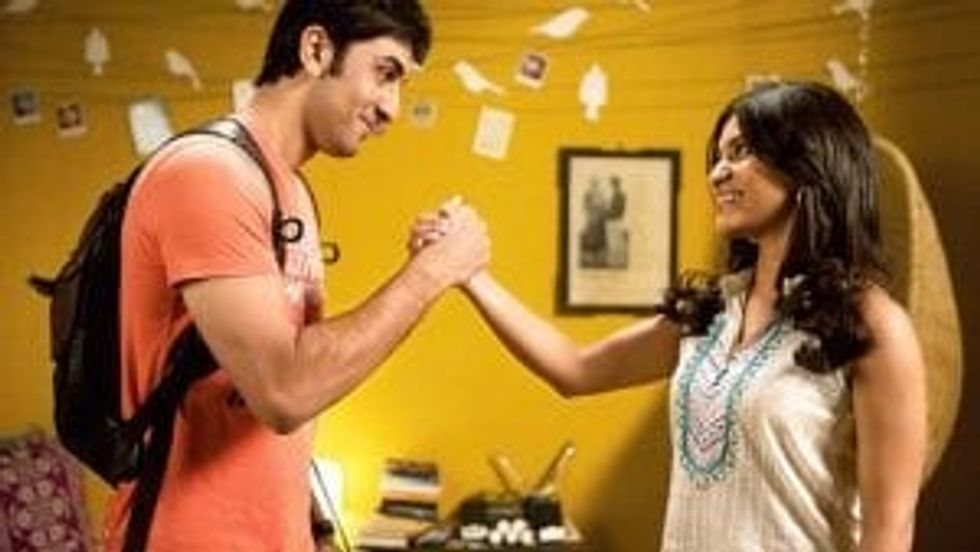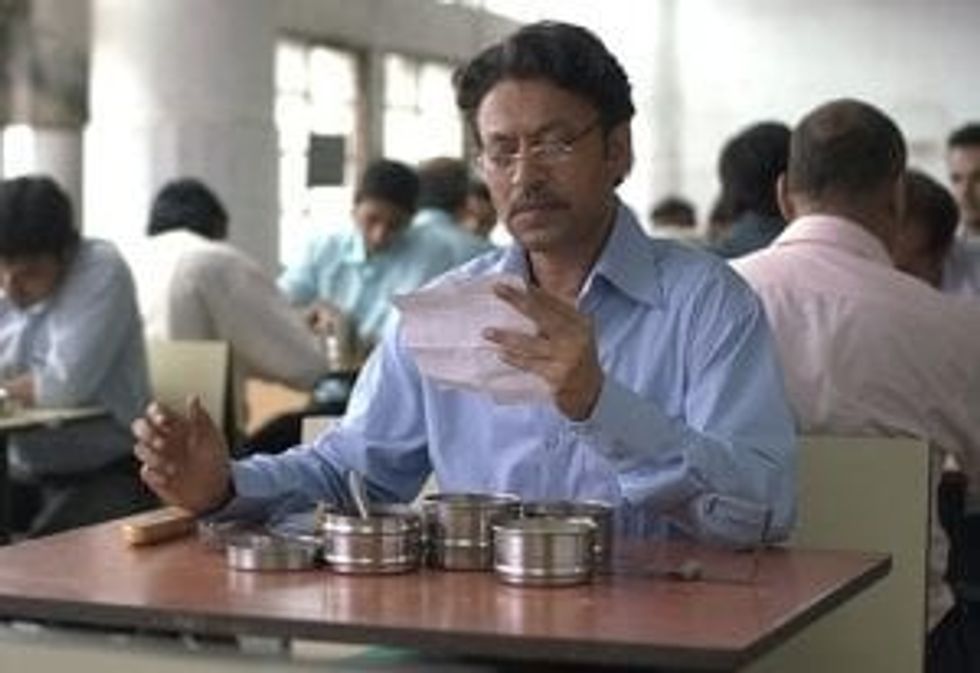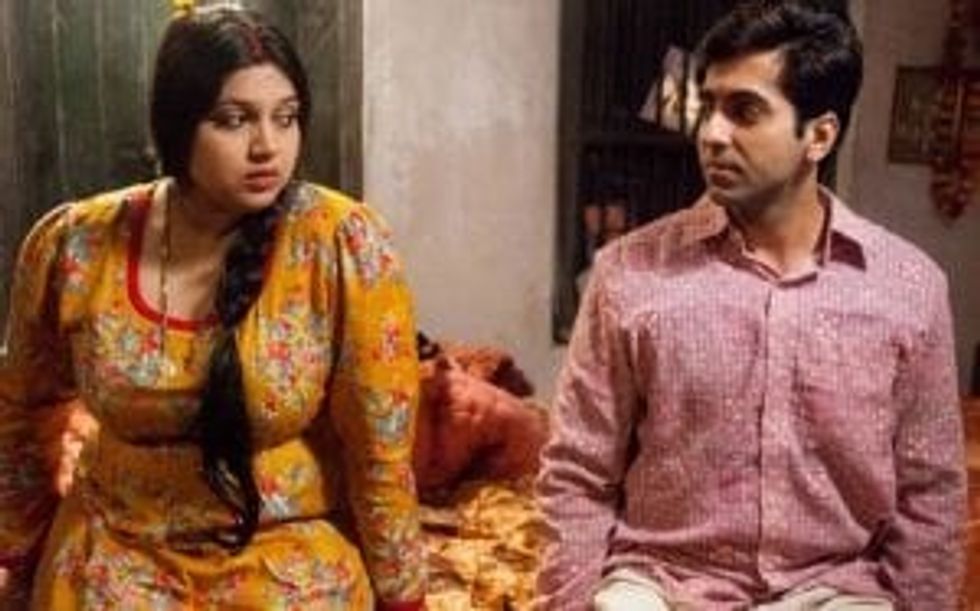FEEL-GOOD HINDI FILMS FOR THE DAY OF LOVE AND WHAT THEY TAUGHT US
by ASJAD NAZIR
WITH lockdown not ending anytime soon, most people will be spending Valentine’s Day on February 14 indoors this year and a great pick-me-up during this difficult time is a nice romantic movie. Bollywood being built on a bedrock of love stories means there are plenty of great choices available to make romance flow freely throughout the house.
With that in mind, Eastern Eye presents a watch list of feel-good Bollywood romantic movies from the modern era and lessons that can be learned from each one, presented in a chronological order.
Maine Pyar Kiya (1989): The movie that helped reintroduce romance back into Bollywood revolves around two star-crossed lovers from different backgrounds, but they get separated and must find a way back to one another. Salman Khan and Bhagyashree play the lead roles in a movie that taught us that true love can cross borders, including class divides.
Saajan (1991): The interesting love triangle between a woman and two brothers, one of whom is a best-selling writer not wanting to reveal his identity, is filled with poetry. The film starring Madhuri Dixit, Sanjay Dutt and Salman Khan taught us a deeper love connection lies beneath the surface, in the heart and mind.
Dilwale Dulhania Le Jayenge (1995): The story of a couple falling in love during a Europe trip and reuniting in India, where she is about to have an arranged marriage taught an entire generation multiple love lessons. These included not only respecting the one you love and their parents, but also showing honour to traditions that have shaped your culture. It also shows how small gestures can make a big difference in life.
Raja Hindustani (1996): The record-breaking romance revolves around a wealthy woman and a happy-go-lucky taxi driver unexpectedly falling in love with one another. Aamir Khan and Karisma Kapoor play the lead roles in a story that demonstrates true love can overcome any obstacles, including contrasting backgrounds.
Dil To Pagal Hai (1997): The first Bollywood film to properly feature Valentine’s Day is a must watch and is pure love. Shah Rukh Khan plays the director of a stage show who falls in love with the lead star, played beautifully by Madhuri Dixit. The film showed how much of a beautiful feeling love can be and that the right person is out there for you.
Kuch Kuch Hota Hai (1998): The iconic Bollywood classic set across two time periods tells the story of two individuals who have a deep friendship, which turns into true love many years later. Shah Rukh Khan and Kajol play key roles in a movie that showed everyone how deeply connected friendship is to true love, which never dies.
Hum Dil De Chuke Sanam (1999): The interesting film had a whirlwind romance in the first half and a newly married heartbroken woman experiencing what real love means after having an arranged marriage. Aishwarya Rai Bachchan, Salman Khan and Ajay Devgn starred in film that demonstrated real love is connected to deeper emotions than surface gestures. We learned that actions speak louder than words.
Saathiya (2002): The cleverly told story revolves around a man who goes searching for his lost wife, who doesn’t come home one day. Then through flashback we learn how they fell in love, got married and slowly started to get disconnected. The film starring Rani Mukerji and Vivek Oberoi taught us the important life lesson of not taking a loved one for granted.
Kal Ho Naa Ho (2003): The USA-set romantic-drama sees Shah Rukh Khan play a man who sacrifices love because of a terminal illness and sets out to find the woman he loves an ideal life partner. Preity Zinta and Saif Ali Khan also star in the musical, which is all about seizing the day and teaches us how to find happiness in the eyes of those you love.
Parineeta (2005): The modern-day adaptation of Sarat Chandra’s classic 1914 novel is a period romance about two childhood sweethearts who live next door to one another and grow up to be soulmates and how outside forces tear them apart. The beautifully shot film starring Saif Ali Khan and Vidya Balan showed that strong relationships are built on trust and honesty between a couple.
Jab We Met (2007): The romantic musical revolves around two very different individuals who find one another on a road trip, get separated and then finally reconnect. Shahid Kapoor and Kareena Kapoor Khan are superb in a movie that is loaded with love, great music and important life lessons. The film showed that the right person can inspire, uplift and make you believe again.
Rab Ne Bana Di Jodi (2008): An undistinguished man steps in to marry a woman left at the altar and then hatches a plan to make his new wife fall in love with him by creating a cooler alter ego. Shah Rukh Khan and Anushka Sharma star in a movie that teaches you that ultimately being your real self is what matters most when it comes to love.
Love Aaj Kal (2009): The Imtiaz Ali directed romance had two unconnected love stories from different eras running simultaneously to one another, which showed that although perceptions of relationships change over time, the feelings of pure love have remained the same. The Saif Ali Khan and Deepika Padukone starrer had plenty of important life lessons for those disconnecting too soon from a potential soulmate.
Wake Up Sid (2009): A young spoiled brat finally learns responsibility when he moves in with a hardworking journalist and it isn’t long before the two opposites slowly start to fall for one another. This coming-of-age drama starring Ranbir Kapoor and Konkona Sen Sharma showed us that living in the moment is important and how the right person can bring out the very best in you.
Band Baaja Baaraat (2010): The feel-good musical sees Anushka Sharma and Ranveer Singh portray two wedding planners, who eventually fall in love with one another. The film teaches us that a strong bond will develop when two individuals are working towards the same goal and that weddings are really good fun.
Zindagi Na Milegi Dobara (2011): This buddy road movie about male bonding isn’t strictly a romantic movie, but it is added because it is about self-love and everyone needs that, including on Valentine’s Day. The film starring Hrithik Roshan, Abhay Deol, Farhan Akhtar and Katrina Kaif showed us that putting yourself first is okay.
Barfi (2012): This multi-award-winning comedy-drama tackled various themes, but at the heart of it was a unique love story between a deaf-mute boy and a free-spirited autistic girl. The heart-warming, fairy tale-like story starring Ranbir Kapoor and Priyanka Chopra shows one can fall in love again, and it can happen in the most unexpected way.
The Lunchbox (2013): The romantic drama revolves around two strangers who form a deep romantic connection through food and a tiffin box that is delivered daily to the wrong place. The internationally acclaimed film starring Irrfan Khan and Nimrat Kaur showed that love can find you in the most unexpected way, and that hope of a better tomorrow never dies.
Yeh Jawaani Hai Deewani (2013): The musical romance revolves around a couple who get close during a holiday and then reconnect years later, but with feelings of love that haven’t gone away. The Ranbir Kapoor and Deepika Padukone starrer showed us the importance of understanding one another and not taking the one you love for granted. It also showed the importance of compromise.
Dum Laga Ke Haisha (2015): The unique romantic comedy revolves around a self-centred young man who gets married to an overweight woman and after showing disinterest learns what real love really means. The film starring Ayushmann Khurrana and Bhumi Pednekar with the wonderfully unique ending showed that real beauty is on the inside.
